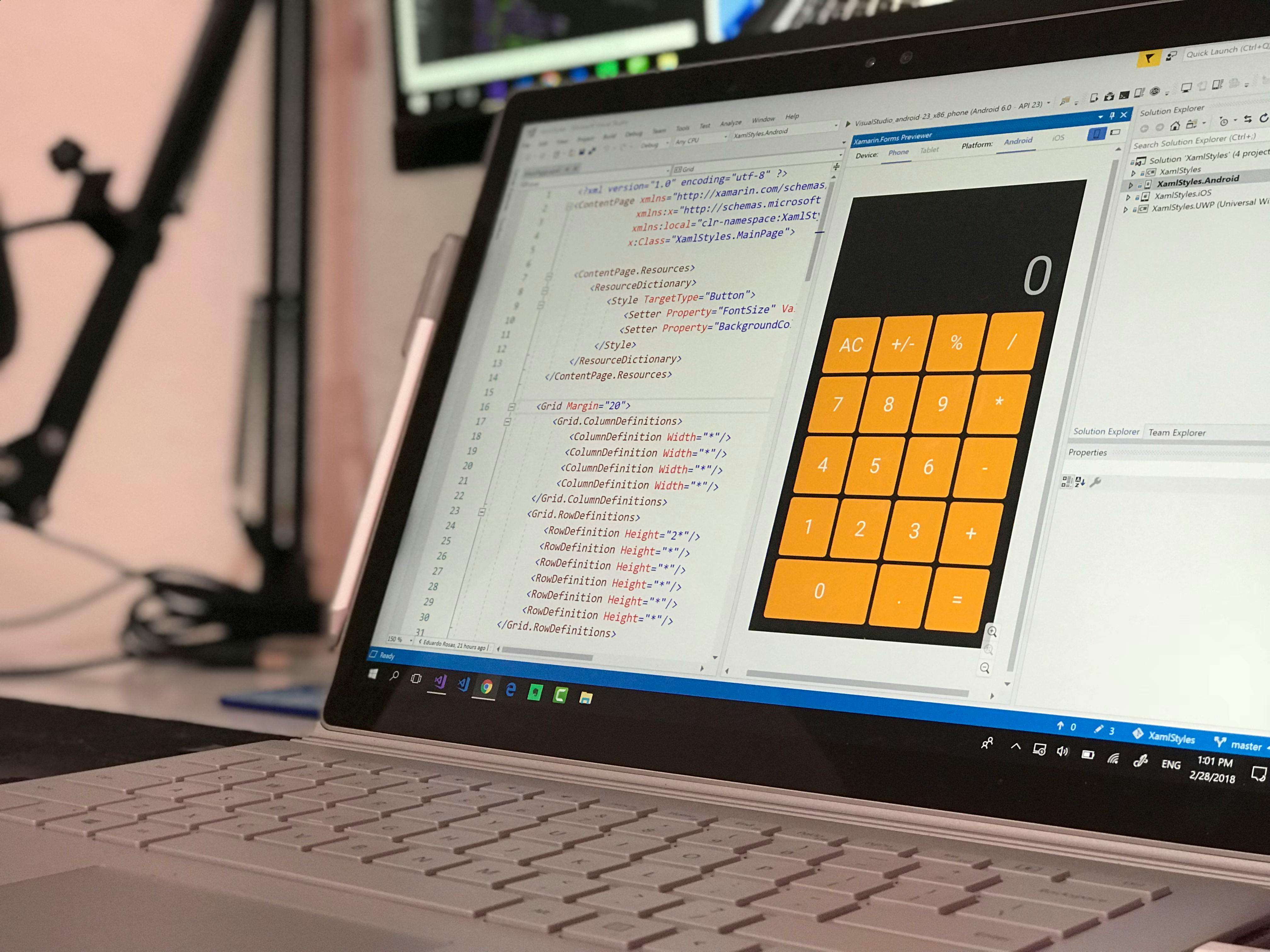Flutter vs Xamarin for Cross-Platform Development

What is Flutter?
Flutter is Google's UI toolkit for building natively compiled applications for mobile, web, and desktop from a single codebase. It uses the Dart programming language and offers a rich set of pre-built widgets for creating beautiful and responsive user interfaces.
What is Xamarin?
Xamarin is a Microsoft-owned framework for building cross-platform mobile applications using C#. It allows developers to share code across Android, iOS, and Windows platforms, leveraging the .NET ecosystem and providing access to platform-specific APIs through Xamarin.Forms.
How do they compare in terms of performance?
When it comes to performance, both Flutter and Xamarin offer impressive results. Flutter, with its compiled-to-native approach, tends to have slightly better performance out of the box, especially in terms of smooth animations and fluid UIs. Xamarin, on the other hand, leverages the underlying platform's native components, which can result in highly optimized performance.
Which one offers better developer productivity?
Developer productivity is a crucial factor in choosing a cross-platform framework. Flutter's hot reload feature allows developers to see changes instantly, speeding up the iteration process and enhancing productivity. Xamarin offers a similar feature with its Live Reload functionality, though it may not be as seamless as Flutter's hot reload.
What about community support and ecosystem?
Both Flutter and Xamarin have active and supportive communities, offering extensive documentation, tutorials, and third-party libraries. However, Flutter's community has been growing rapidly, backed by Google's resources and a passionate developer base. Xamarin benefits from Microsoft's backing and integration with Visual Studio, making it a solid choice for developers invested in the .NET ecosystem.
Which one should I choose?
The decision between Flutter and Xamarin ultimately depends on your specific project requirements, familiarity with programming languages, and ecosystem preferences. If you prioritize a fast and visually appealing user interface with excellent developer productivity, Flutter might be the way to go. On the other hand, if you're already invested in the .NET ecosystem or prefer working with C#, Xamarin could be the better fit. Consider experimenting with both frameworks and evaluating their strengths based on your project's needs before making a decision.